I teach half a course on Critical Thinking to 3rd year Information Systems students. A colleague takes the first half which covers statistics. I cover how science works including the scientific method, experimental design, how to read a research papers, how to spot dodgy media reports of science and pseudoscience, and reproducibility in science; how to argue, which is mostly how to spot logical fallacies; and a little on cognitive development. One the better things about teaching on this course is that a lot of it is covered by XKCD, and that XKCD is CC licensed. Open Education Resources can be fun.
how scientists think
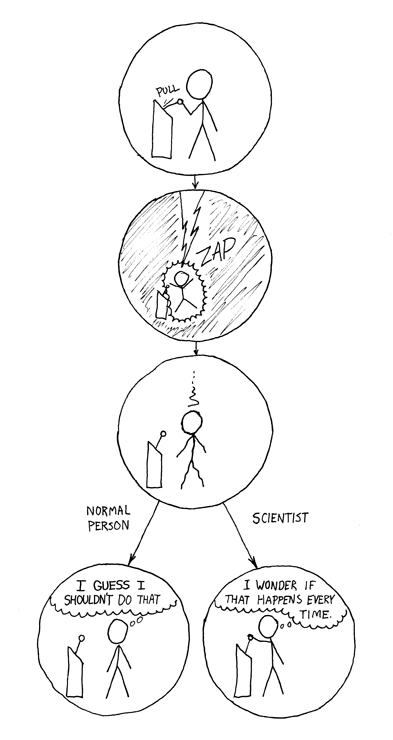
[explain]
hypothesis testing
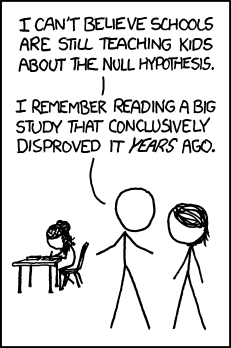
[explain]
Blind trials
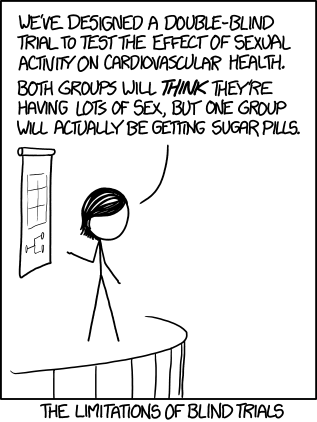
[explain]
Interpreting statistics
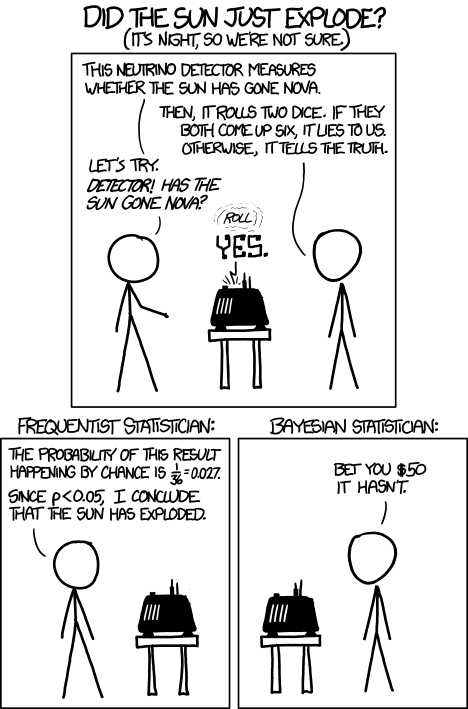
[explain]
p hacking
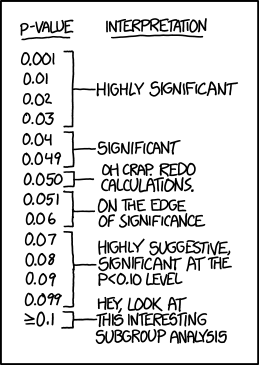
[explain]
Confounding variables

[explain]
Extrapolation
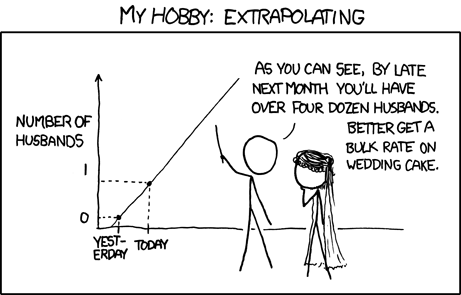
[explain]

[explain]
Confirmation bias in information seeking
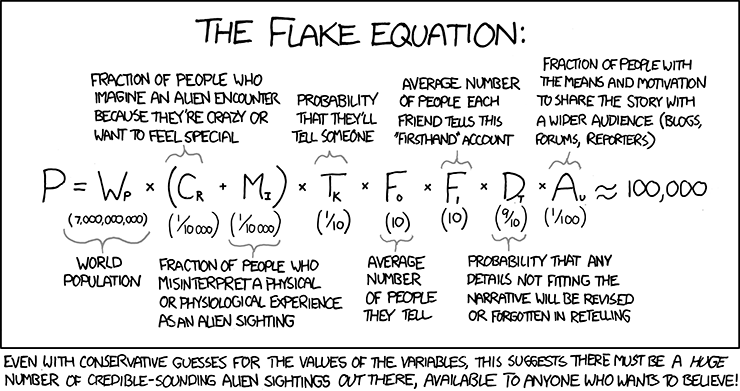
[explain]
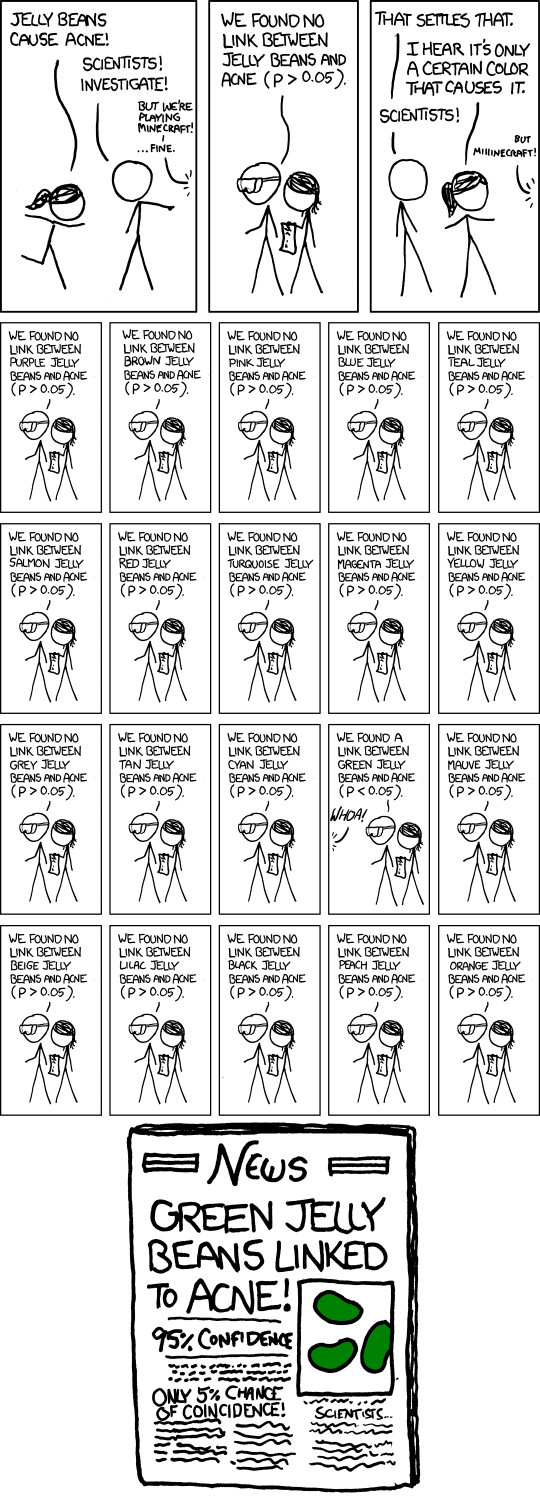
[explain]
undistributed middle
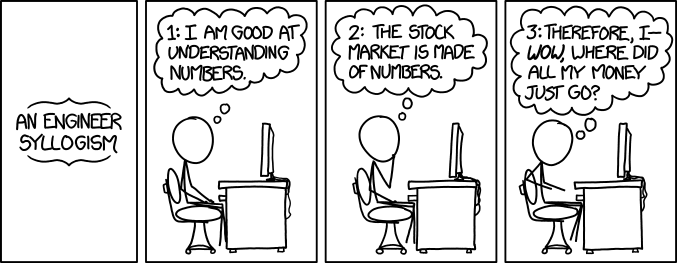
[explain]
post hoc ergo propter hoc
Or correlation =/= causation.

[explain]

[explain]
Bandwagon Fallacy…
…and fallacy fallacy

[explain]
Diversity and inclusion

[explain]